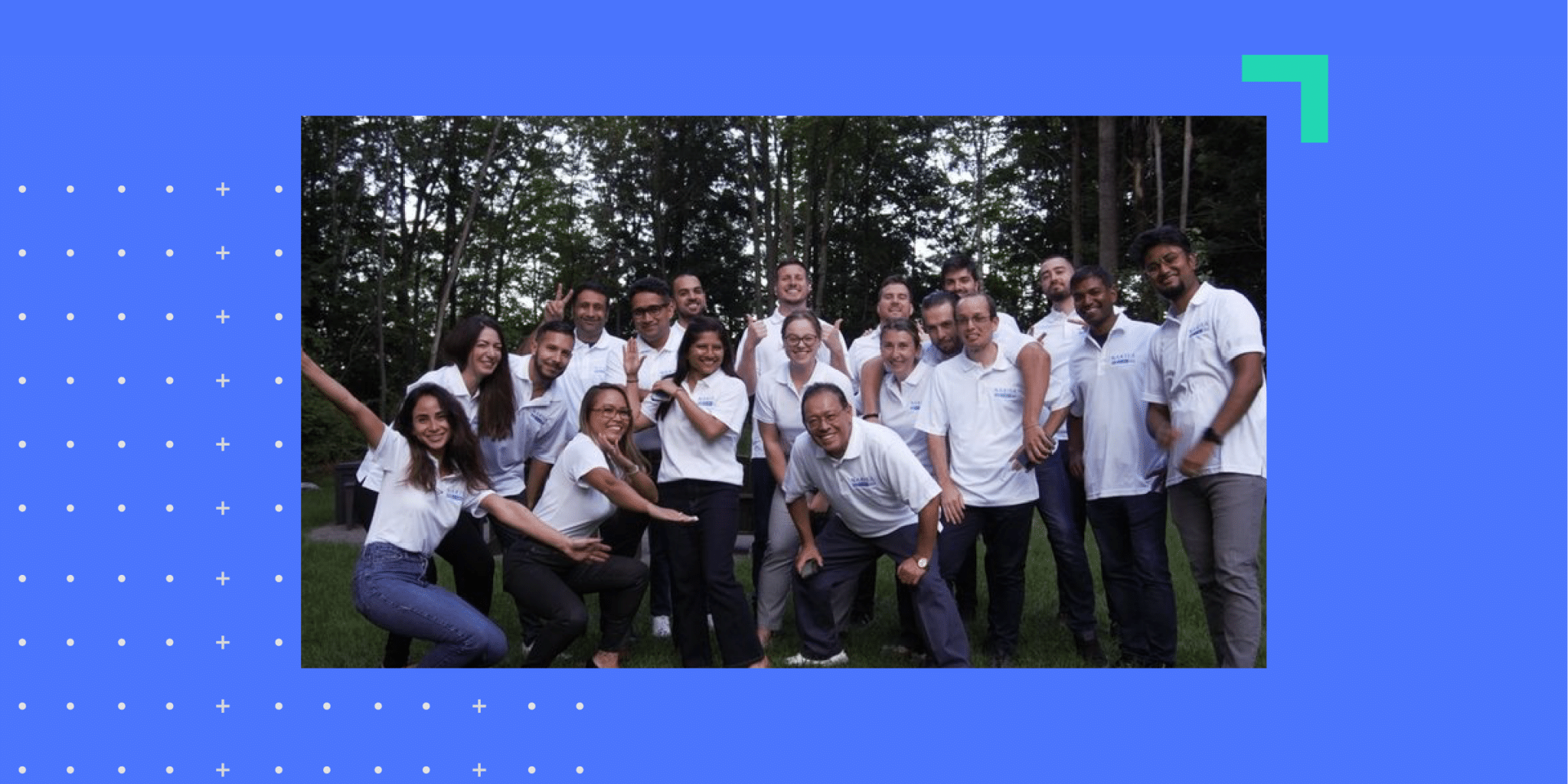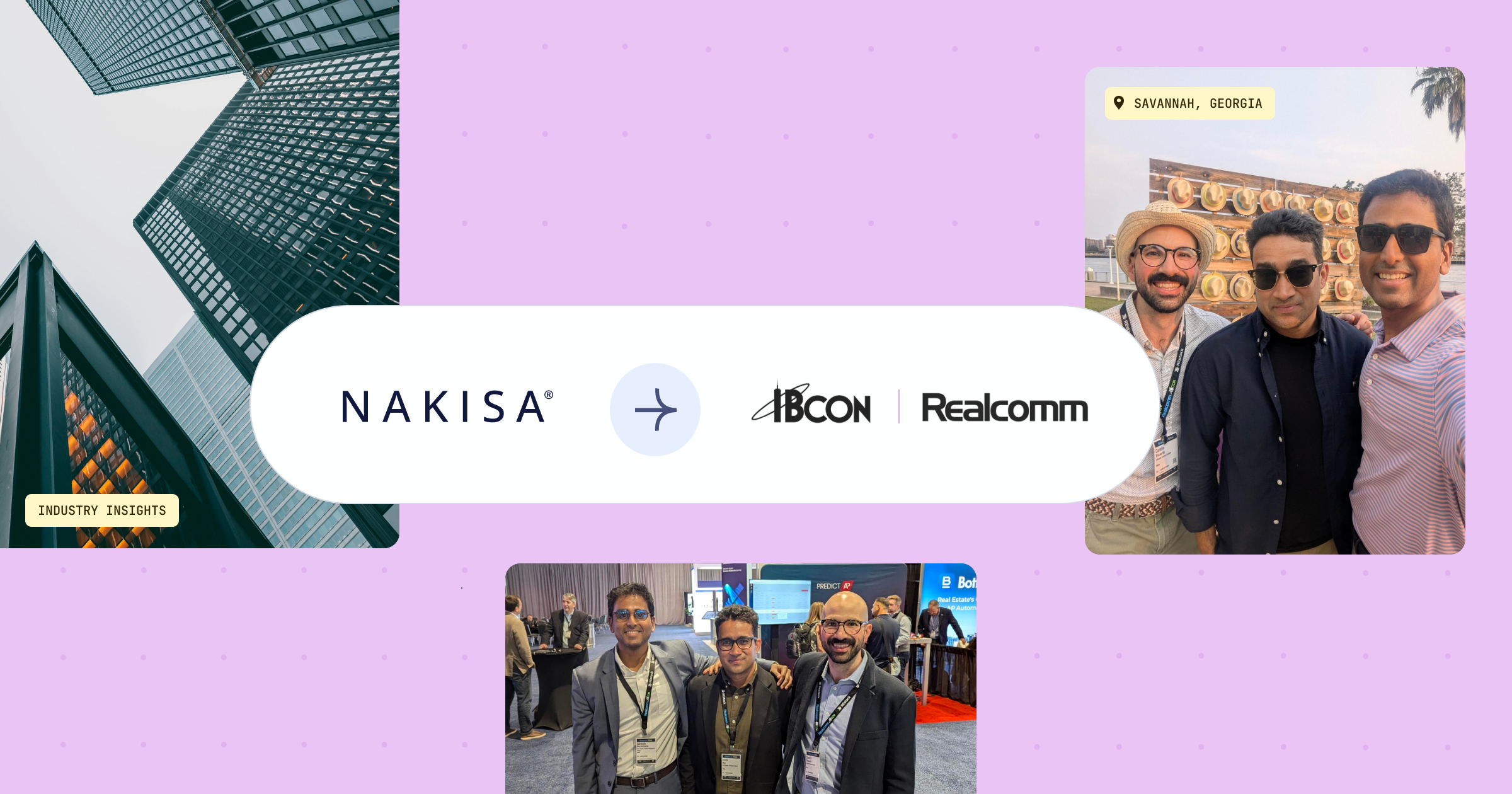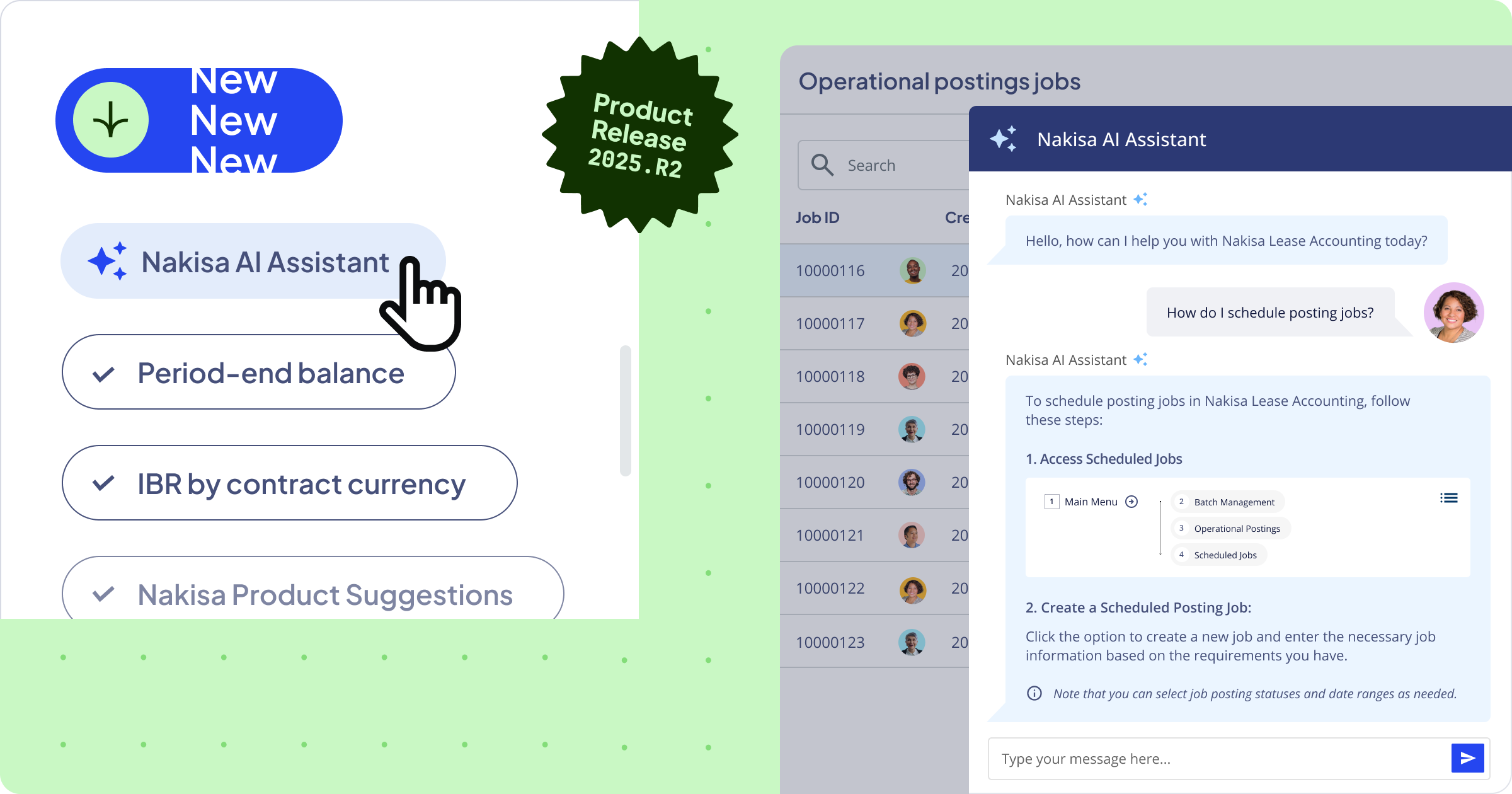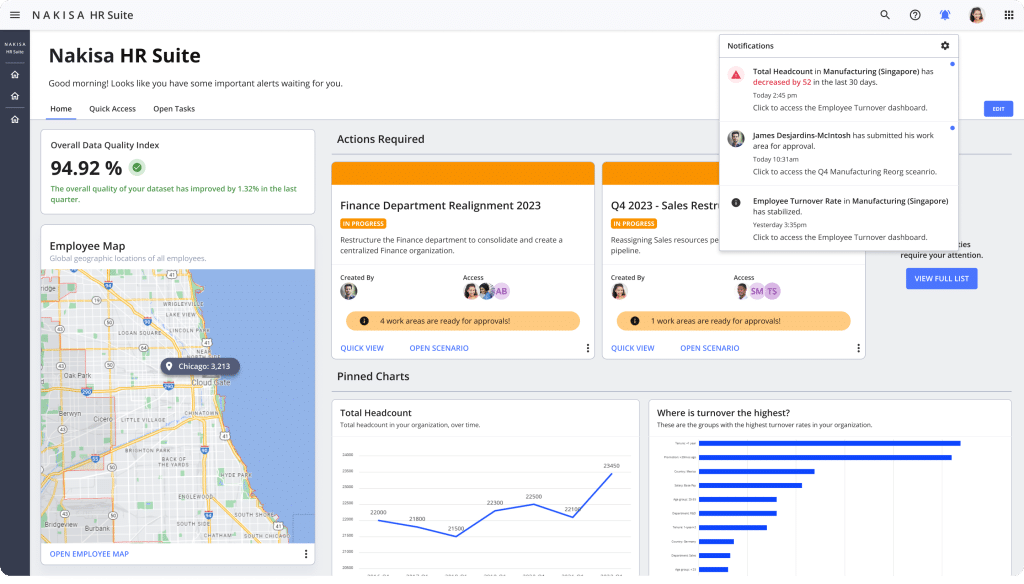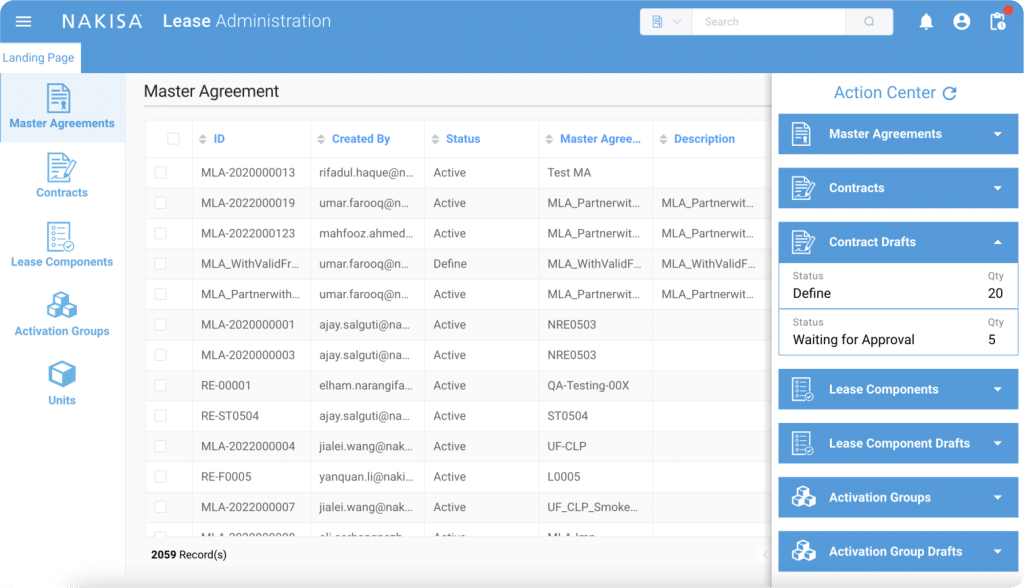In recent years, there is a growing awareness of the benefits of Diversity, Equity, and Inclusion (DEI) efforts in businesses. Yet, many companies are still unsure how to go about building a more diverse and inclusive workforce. It is indeed an overwhelming task. But there are simple principles that when put in place can provide organizations with all the benefits DEI has to offer.
In this blog post, let’s discover why diversity, equity, and inclusion are important and how Nakisa applies these principles to the workspace.
What is Diversity, Equity, and Inclusion about?
Diversity is not just about race or gender. It encompasses a wider range including multi-cultural, multi-religion, and gender within an organization. Inclusive teams incorporate individuals from very different backgrounds and give them the freedom to speak up without fear of repercussions and opportunities for growth and advancement.
Thanks to diversity in organizations, businesses see a more engaged and productive workforce, higher retention rates, and on average outperform their competitors. From diversity and inclusion efforts, companies have more effective problem-solving and decision-making, as well as greater innovation and creativity. Largely this is because diverse teams are often better equipped to understand and meet the needs of a diverse audience or customer base.
At Nakisa, we believe that by incorporating different viewpoints and experiences, teams can develop products, services, or solutions that are more inclusive and relevant to a wider range of people.
This commitment to DEI is represented in our mission statement: “Bring together the brightest minds from diverse backgrounds to provide innovative solutions and an amazing experience for our clients”.
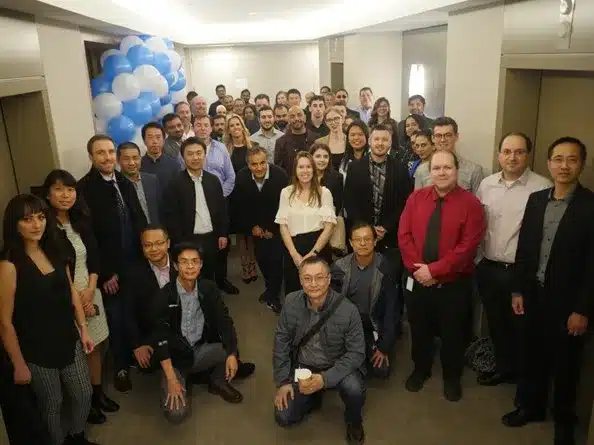

What are the best DEI principles?
For any DEI effort to be successful in an organization, key principles must be set first. When there are guidelines for everyone to follow, then there is less chance of the efforts being derailed. We found four principles best set to implement and they represent the core values for all Nakisians. Here they are:
Fairness: trying to approach situations with compassion and respect for each individual, recognizing that everyone is accountable for their words and actions. As a team, we do our best to stay fair in all circumstances and under all conditions and we see everyone as individuals without categorizing.
Integrity: remaining mindful of biases that can happen and striving to make objective decisions. At Nakisa, we have the courage to see and accept the truth rather than modify it to fit situations. We say what we mean, and we mean what we say.
Service: approaching work as a source of fulfillment, sense, and joy. We take pleasure in always looking for ways and means to do our best to help colleagues, customers, and the community at large, regardless of personal gain.
Humility: acknowledging that we all have our own biases, which can impact our decisions and actions. Do not consider oneself to be more important or special than others, and value other contributions and inputs as we do our own. We don’t criticize, we learn together from our mistakes.
At Nakisa, we work toward an inclusive culture where we enjoy each other’s company and view each other as friends. We strive to promote these values both within our organization and in our interactions with the wider community.
How to apply the DEI principles?
It is easy to say you want diversity and inclusion within the company but to have that become a reality, business leaders need to walk out of the boardroom and take action. Creating steps for the company to follow improves the chances of DEI becoming the culture of the organization.
Commit to DEI
The first step to DEI is a commitment to succeed in the efforts. Without a firm belief in the unique value and dignity of every human being, regardless of any superficial attributes such as gender, physical appearance, culture, or religion, little will be accomplished. Companies want to build a strong conviction that collaboration among individuals with diverse backgrounds, experiences, and perspectives can lead to more innovative and effective outcomes than can be achieved by a single individual working alone.
Rather than setting a specific numerical goal for diversity, companies need to translate those core beliefs and values into daily work and interactions. By fostering a culture of inclusivity and openness, diversity naturally emerges.
Here at Nakisa, we like to show our commitment to diversity by helping make the world a better place. We raised and donated money for the Humanity First Aid organization to help the people of Turkey and Syria. In 2022, we also donated to Dans La Rue and organized an event for our employees during which we were making sandwiches for homeless and at-risk youth in the Centre-Sud area of Montreal. We also donated to UNICEF – Pakistan Emergency Relief Fund.
Creating overall unity
Unity is working together towards a common goal or purpose, while also respecting the diversity of perspectives and ideas within a group or organization. This involves recognizing that individual members of the group can benefit the most when the group as a whole is functioning at its best.
To build on unity there needs to be equal respect. This can involve having hard conversations and being willing to hear both sides. For example, this could be approaching team member conflict and finding a way to compromise. Or, this can include everyone having an opportunity during a brainstorming session to contribute ideas, even unpopular notions. This can also include making hard decisions on what is right such as promoting the most qualified individual regardless of their background.
But unity is not just created in the vacuum of work. At Nakisa, we found that to enhance the connection between members, it’s important to create activities that bring them together and get to know each other. We have brainstorming sessions and team-building events inside and outside the office that meet the interests of our diverse team.

In the end, it is essential to acknowledge that while diversity can indeed be a powerful asset for any organization, it requires unity to fully realize its benefits. Differences in backgrounds, experiences, and perspectives can lead to innovation and creativity, but only with unity can businesses achieve mutual understanding, collaboration, and results.
Fair hiring practices
Diversity starts with who is brought into the company. Since it is easy to fall into the trap of bias when it comes to hiring, it is important to keep aware of the pitfalls. Having a recruitment team that comes from all backgrounds can give useful insight and point out where there may be problems. From there, it can be discovered that some hiring practices are discriminatory because of interview questions or screening processes that could unintentionally exclude a group.
At Nakisa every candidate is treated fairly, without favoritism or discrimination. The evaluation process is focused on competencies, intellectual abilities, character traits, and value fit. We look for the best talent and know that it can come in any form.
Nakisa does that by following both Federal and Provincial regulations where employment equality is concerned. Based in the province of Quebec, we are compliant with the rules as laid out by La Commission des Normes du Travail which promotes fair and balanced labor relations between employers and employees in compliance with the Act respecting labor standards.
As an organization regulated by the federal government, we follow the rules set out by the Employment Equity Act, the federal law that requires companies to provide equal employment opportunities within your organization to four designated groups: women, Aboriginal peoples, persons with disabilities, and members of visible minorities.
Communication is key. Many times, an environment that is not transparent or does not support openness can cause distrust and break down inclusion. This means ensuring that policies and procedures are transparent and accessible to all employees. For diversity to really flourish, it needs to be in an environment of honesty and integrity.
Some ways to accomplish this are to have brainstorming and training sessions where people from different departments are invited to the meeting and welcomed to share their ideas and feedback. This provides opportunities for employees to meet colleagues from other teams and countries and get to know them better.
Another approach is for senior leaders to check on things by meeting with team members on a regular basis. This can include creating an open-door policy with supervisors, HR, and senior members of management including the CEO, and letting employees know that what they speak about is in a safe environment.
At Nakisa, we see the benefits and take it a step further with the CEO sitting down with every new hire in their first month for a meet called “Coffee with CEO”. This shows new employees on day one that they can openly discuss their first impression of the company and what they see as possible improvements.
What does DEI look like in Nakisa?
Today, we represent about 20 different nationalities, races, genders orientations, and ethnicities. This includes people from Italy, Ukraine, Lebanon, Pakistan, Israel, Iran, Iraq, Romania, Colombia, China, America, Canada, and other countries.

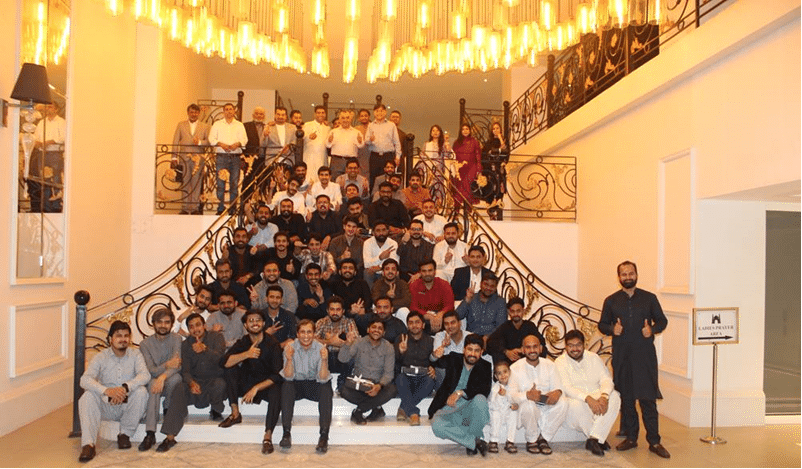
56% of our employees represent Visual Minorities. Our management team is composed of 8 individuals of 5 different religions and 6 distinct ethnicities, including 3 women and 5 men. Of all our managers, 11% are Visual Minorities. We see specific value in collaborating with people from diverse backgrounds and letting everyone bring their best to the table
Besides supporting people with different backgrounds from various nationalities, Nakisa also empowers women in the tech field. We support “Women of MENA In Technology” – a non-profit organization established in Silicon Valley in 2015 with a mission to close the diversity and gender gap in STEM by connecting, educating, and elevating Middle Eastern and North African women in STEM globally. Nakisa has been actively participating in the Career Fairs and activities held by this organization. We are happy to hire women and let them bring new ideas to the table.
We are specifically proud to offer the possibility to work in tech for women in Pakistan, and we enjoy seeing how much value women bring to our company.
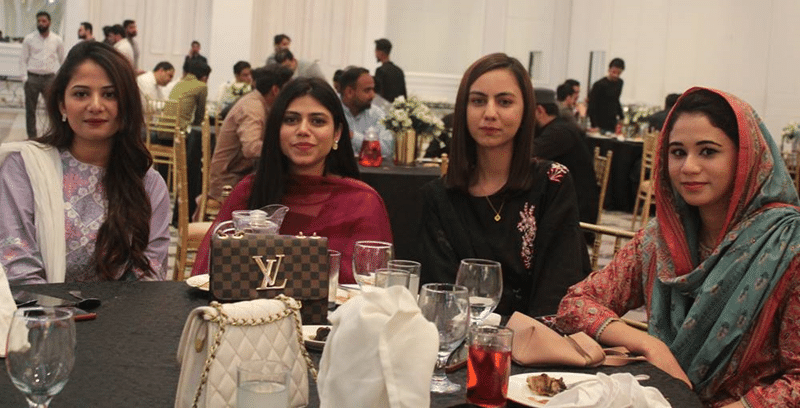
Let’s work toward DEI together!
At Nakisa, we believe by fostering an ecosystem built on the principles of fairness, integrity, service, and humility, we contribute to the betterment of the world. We recognize that our success is not just measured by our individual achievements, but rather by the collective success of our colleagues, customers, suppliers, and partners.
We believe this approach is not only the right thing to do but also the smart thing to do, as it leads to greater success and fulfillment for all. Like fingers of one hand, each is unique and different, yet we work together to grasp opportunities and remove obstacles. We are committed to building a community based on trust and collaboration, using our talents to deliver excellent service to our customers.
Check out our Career Page to explore more about the corporate culture in Nakisa. You can also learn a lot of useful information on DEI and HR in our blog

